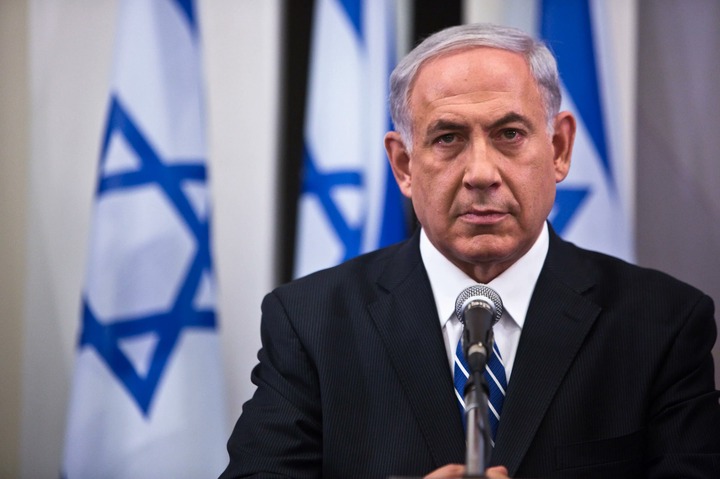International Criminal Court Rejects Israel’s Request to Cancel Arrest Warrants for Netanyahu
According to a report by IRNA, on October 18, 2025, the International Criminal Court has dismissed Israel’s request to withdraw arrest warrants issued against Prime Minister Benjamin Netanyahu and former Defense Minister Yoav Gallant.
The decision marks a significant development in the ongoing legal proceedings at the Hague-based tribunal.
The ICC’s rejection of the Israeli challenge means the arrest warrants remain in effect for both officials.
The warrants were issued as part of the court’s investigation into alleged violations of international law, though the specific charges have been the subject of intense diplomatic debate.
Israel had formally contested the legitimacy of the arrest warrants, arguing that the ICC lacked jurisdiction over Israeli officials.
The country has consistently maintained that it does not recognize the court’s authority in this matter and has questioned the legal basis for the proceedings.
The decision by the ICC to uphold the warrants places Netanyahu and Gallant at risk of arrest if they travel to any of the 124 countries that are signatories to the Rome Statute, the treaty that established the court.
This could significantly restrict their international travel and diplomatic engagement.
The arrest warrants have created diplomatic tensions between Israel and the international community.
Israeli officials have characterized the ICC’s actions as politically motivated, while supporters of the court argue that it represents an essential mechanism for enforcing international humanitarian law.
Legal experts note that the ICC’s decision to reject the Israeli challenge demonstrates the court’s determination to proceed with its investigation despite objections from the parties involved.
The tribunal has faced criticism from various quarters regarding its selective prosecution policies, but it maintains that its decisions are based solely on legal merits.
The implications of the ruling extend beyond the immediate legal consequences for Netanyahu and Gallant.
The case has broader ramifications for how international law is applied in conflict zones and whether state officials can be held personally accountable for actions taken during military operations.
Neither Netanyahu nor Gallant has commented publicly on the ICC’s latest decision. The Israeli government is expected to continue its non-cooperation with the court while exploring diplomatic channels to address the matter.












Post Comment